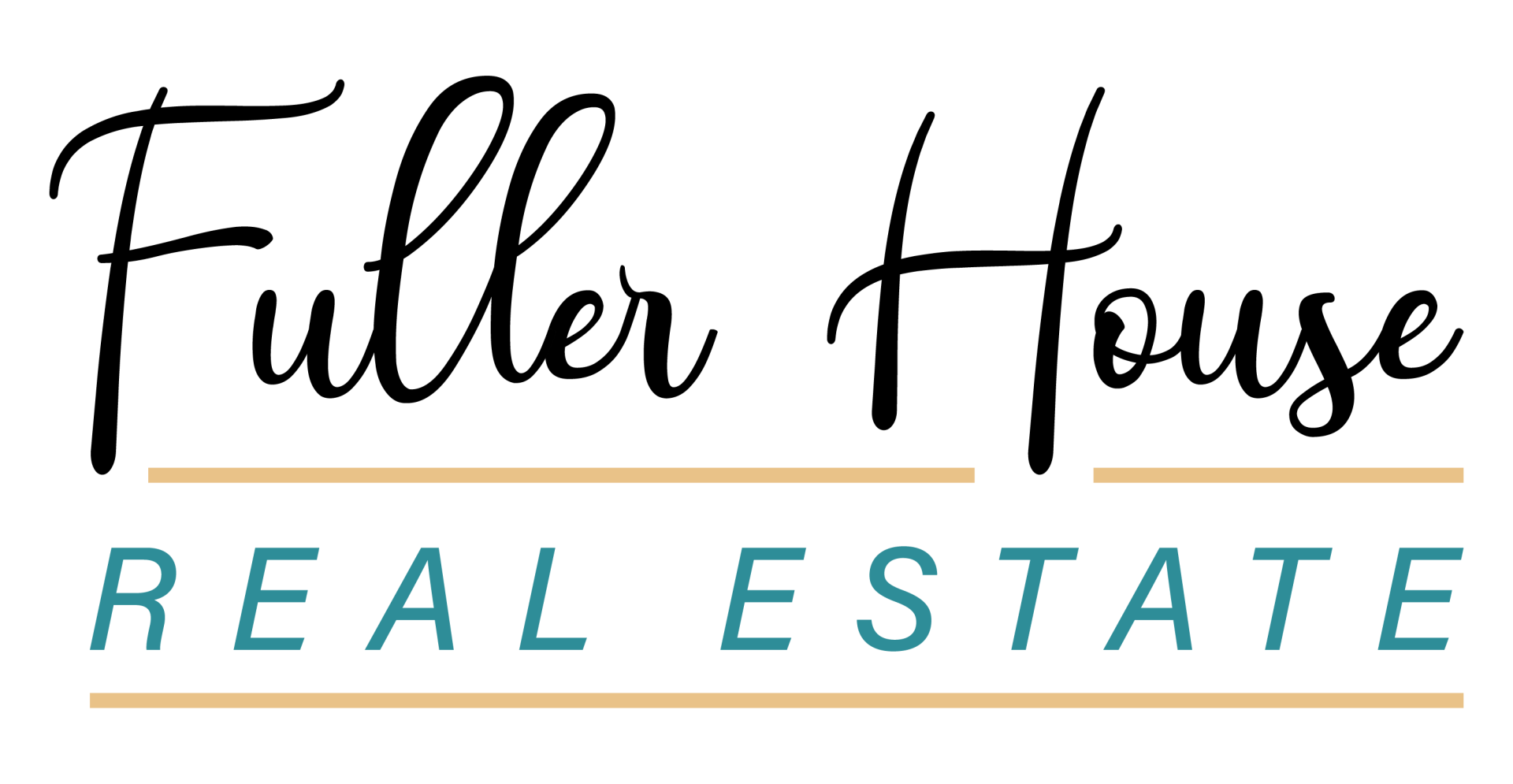Building Codes and Bedrooms: A Guide to Staying Safe at Home
What Makes a Bedroom a Bedroom? Understanding Building Code Requirements
Are you feeling overwhelmed and uncertain about how to list the number of bedrooms in your house? Trust us, you're not alone. Determining what qualifies as a bedroom can be a daunting task, with building codes providing specific guidelines that vary from state to state. It's no wonder why many homeowners find themselves scratching their heads in confusion. But don't worry, because in this post, we're going to delve into the nitty-gritty of building code requirements for bedrooms. And, to really drive home just how crucial it is to get it right, we'll share a story that highlights the importance of following these guidelines. So, get ready to learn and take the guesswork out of listing your home's bedrooms!
What Is a Bedroom?
First things first: what exactly is a bedroom? While it may seem like a simple question, the answer can be surprisingly nuanced. Most building codes define a bedroom as a room that is intended primarily for sleeping and that meets certain criteria.
In general, a room must have a door, a window, and adequate space to be considered a bedroom. It should also have a closet or other designated storage space for clothing and personal items. Additionally, the room must meet certain safety requirements, such as having a means of egress in case of an emergency. For specific building code requirements you can read the statute or give us a call and we can ask you some pointed questions to determine if your bonus room can be a bedroom, 727-470-9373.
Florida Building Code vs. International Building Code
The specifics of these requirements can vary depending on where you live. For example, the Florida Building Code (FBC) and the International Building Code (IBC) both provide guidelines for what constitutes a bedroom, but there are some differences between the two.
Under the FBC, a room must have a minimum of 70 square feet of floor area, a ceiling height of at least 7 feet, and an emergency escape and rescue opening that meets specific size requirements. It must also have a closet or armoire with minimum dimensions.
The IBC has similar requirements but does not have a specific closet requirement. Instead, local building codes may have their own requirements.
Why Do Building Codes Matter?
You may be wondering why building codes are so important when it comes to defining a bedroom. The answer is simple: building codes are designed to keep people safe.
Imagine, for example, that you're staying in a hotel room that is advertised as a "suite." The room is spacious and has a bed, a couch, and a small kitchenette. However, there is no window and no closet. Is this room really a bedroom?
Without the safety features required by building codes, such as an emergency escape and rescue opening, this room could be a serious hazard in case of an emergency. In the event of a fire or other disaster, occupants would have no way to escape. This is why building codes require specific safety features for bedrooms and other living spaces.
A Real-Life Example
To illustrate the importance of building code requirements, let's look at a real-life example. In 2016, a family of four was killed in a house fire in Texas. The home had been illegally converted into a duplex, and several safety features were missing, including smoke alarms and adequate egress windows. The family was trapped inside the home and had no way to escape.
This tragedy underscores the importance of building code regulations. While it may seem like a hassle to comply with these requirements, they are in place to protect people from harm. By following building code guidelines, you can ensure that your home or other living space is safe and secure.
How to Make Your Bonus Room List as A Bedroom When Selling Your Home
If you're looking to sell your home in Florida and want to include your bonus room as a bedroom in your listing, there are a few things to consider. Firstly, it's important to note that in Florida, a bedroom must have a closet, although it can be free-standing. Therefore, if your bonus room doesn't have a closet, you'll need to add one to make it qualify as a bedroom.
In addition to the closet requirement, there are a few other things to keep in mind. For instance, the room cannot be the only exit to the backyard, so you may need to add a door from another room. Additionally, the room must have two forms of egress, meaning you may need to add a door or window to meet this requirement. It's also worth noting that if the room is too small or an interior room, it may not qualify as a bedroom. Ultimately, the best way to determine if your bonus room can be listed as a bedroom is to consult with a realtor who can help you navigate the specific requirements and modifications needed to meet them.
Take Aways About Building Codes and Bedrooms
Building codes provide specific guidelines for what constitutes a bedroom, and these requirements can vary depending on where you live. These regulations are in place to protect people from harm and ensure that living spaces are safe and secure. By understanding and following building code requirements, you can help ensure that you and your loved ones are safe in your home.
If you're looking to invest in real estate in the Tampa Bay area, Pinellas County, and Pasco County, it's important to work with a real estate agent who understands the local building codes and can help you navigate the regulations. Contact Fuller House Real Estate today at https://www.fullerhousere.com/ or 727-470-9373 with any questions or to schedule a consultation. Our team of experienced professionals can help you find the perfect home or investment property that meets your needs and budget while ensuring that it is safe and compliant with local building codes.
KerryAnn's Current Real Estate Discussions



